API Research and Development
Research and development (R&D) is essential for pharma API manufacturing companies to stay ahead of the curve and meet the growing demand for new and innovative molecules.
Cerata Pharmaceuticals LLP has transformed into a preferred partner for APIs through a journey of dedication and excellence. Our competent and qualified R&D team specializes in developing innovative processes and continuously optimizing them, allowing us to maintain our competitive leadership position in the industry. Our two cutting-edge API R&D facilities strategically situated in Gujarat, India, serve as the pillars of our success. These facilities consistently strive for:
Innovation Excellence:
Our R&D teams are at the forefront of pharmaceutical innovation. They are committed to pushing the boundaries of knowledge, exploring novel synthetic routes, and adopting advanced technologies to develop APIs that stand out for their quality, safety, and efficacy.
Quality Assurance:
Ensuring the highest standards of quality is embedded in our DNA. Our R&D facilities are equipped with state-of-the- art analytical instruments and testing protocols, guaranteeing that our APIs meet and exceed the stringent quality benchmarks demanded by the industry and regulatory authorities.
Speed to Market:
We recognize the urgency of delivering life-saving medications to patients worldwide. Our R&D teams work diligently to shorten development timelines, allowing us to respond promptly to market needs and emerging healthcare challenges.
Sustainability:
Environmental responsibility is a fundamental principle guiding our operations. Our R&D facilities prioritize sustainable manufacturing processes, adhering to eco-friendly practices that contribute to a greener and more sustainable pharmaceutical industry.
Global Regulatory Compliance:
With a deep understanding of international regulatory frameworks, our R&D facilities ensure that our APIs meet the diverse regulatory standards of markets worldwide, providing confidence to our partners and customers.
Collaborative Partnerships:
We actively foster collaborations with renowned academic institutions, research organizations, and industry experts. These partnerships create a culture of open innovation, enabling us to leverage collective expertise and stay at the forefront of pharmaceutical advancements.
Through unwavering commitment to innovation, quality, sustainability, and global compliance, we are shaping a healthier future for patients worldwide, one API at a time."



